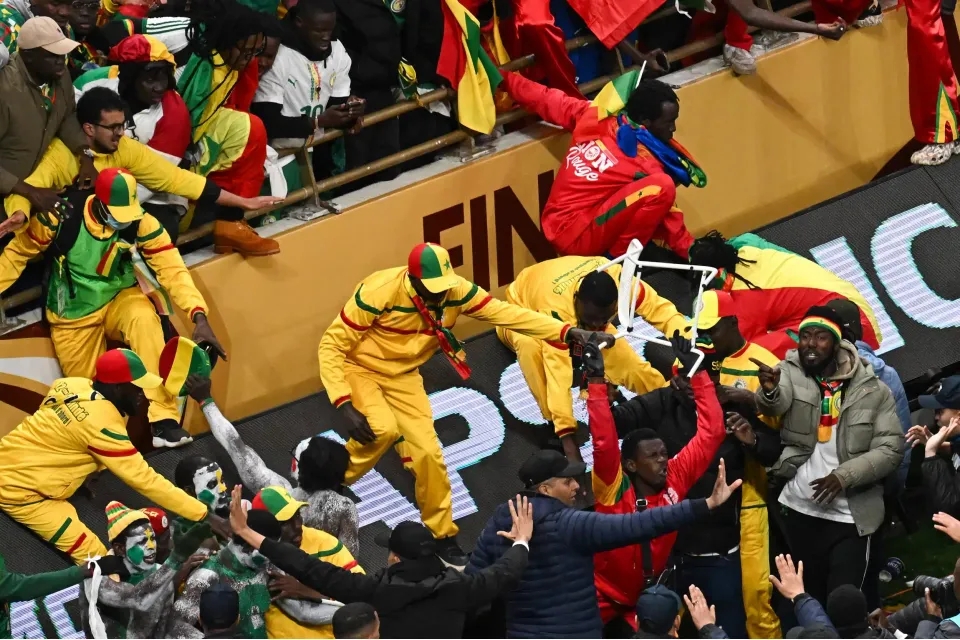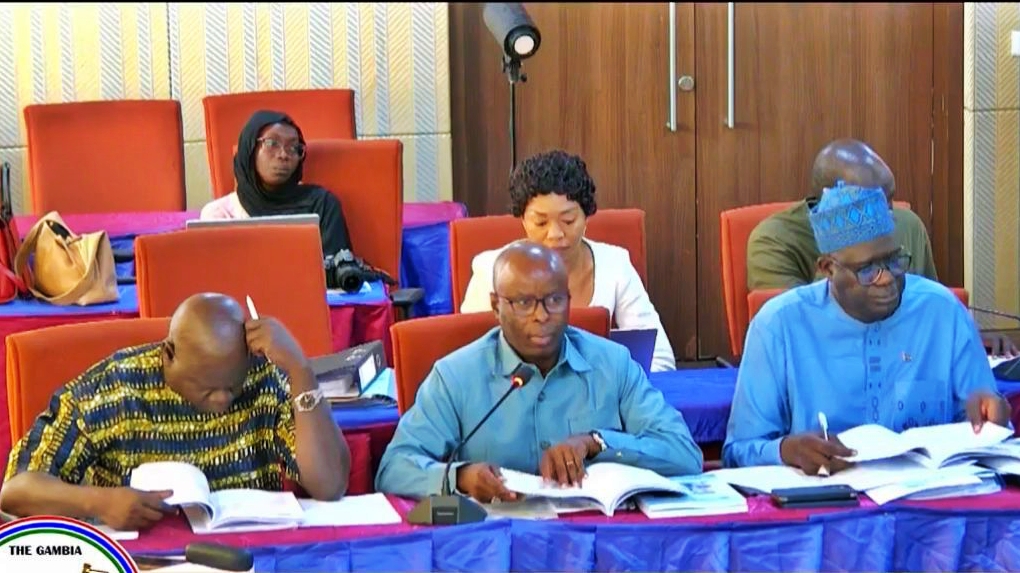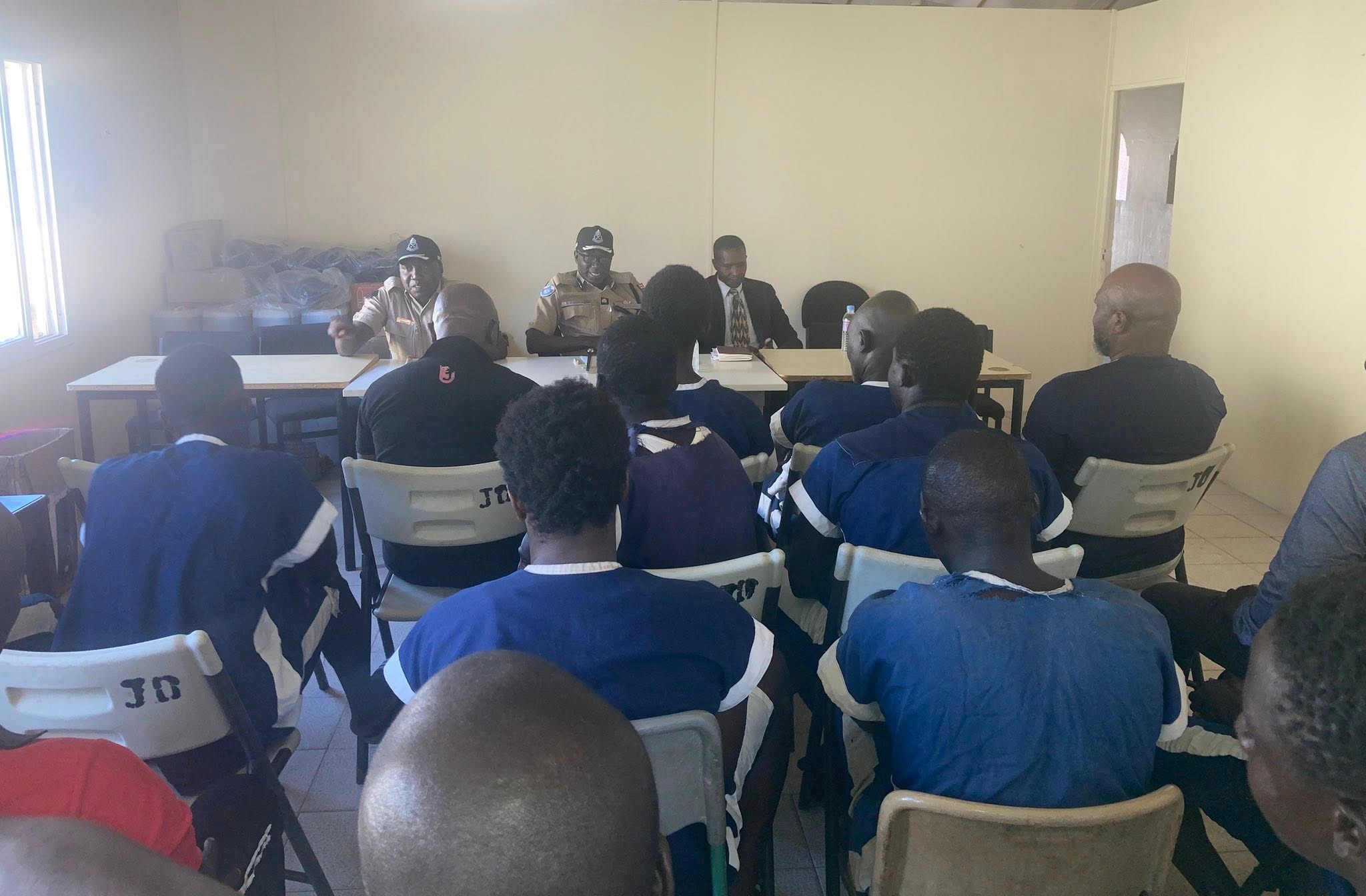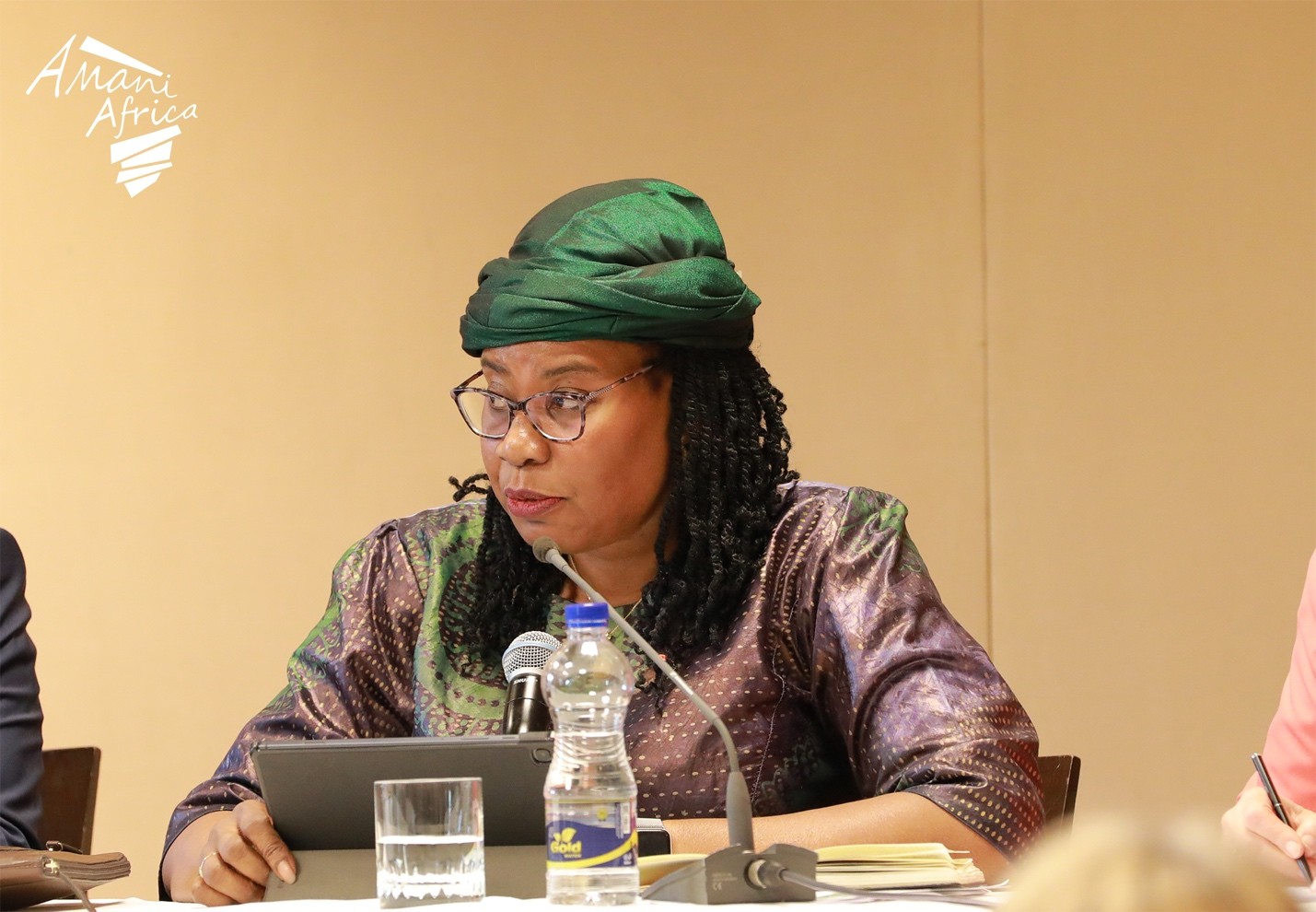Gambiaj.com – (ADDIS ABABA, Ethiopia) The Gambia has positioned its post-2017 recovery as a blueprint for global cooperation, stressing the imperative for deeper synergy between the African Union (AU) and the United Nations (UN) peacebuilding architectures.
Speaking at a high-level policy forum in November 2025, Salimatta Touray, The Gambia’s Permanent Representative to the AU and PSC member, outlined the nation’s successful implementation of transitional justice mechanisms supported by invaluable international and regional backing.
The outcome of this forum, she noted, would guide the future joint peacebuilding work undertaken by the AU PSC.
The Gambia’s Peacebuilding Model: A Global Call for Innovation
Since 2017, The Gambia has made notable strides in its transition to democratic governance and the establishment of transitional justice mechanisms. Central to this success is a transitional justice program that Ambassador Touray described as perhaps the most holistic of its kind globally.
She asserted that in this regard, The Gambia is challenging all partners to think differently, more broadly, innovatively, and intentionally about local, regional, and international partnerships. This new thinking is crucial for ensuring more robust coordination, effective resource mobilization, and successful implementation of national reform programs in post-conflict settings.
The main message from the Gambian experience is the demonstration of complementarity between the UN, AU, and ECOWAS’ peacebuilding structures, which also yields valuable lessons on coordination.
ECOWAS Intervention: The Unshakeable Foundation
Ambassador Touray underscored that the intervention by the Economic Community of West African States (ECOWAS) served as the bedrock upon which all other transitional justice and peacebuilding efforts by the UN and AU have been constructed.
She pointed out that ECOWAS’s strict coercive diplomatic means directly led to the peaceful resolution of the political impasse in December 2016, all while strictly abiding by the United Nations Charter and the principle prohibiting the use of force. Today, ECOWAS continues to stabilize and augment the capacity of the security sector through the ECOMIG forces.
Furthermore, the recent approval by ECOWAS Heads of States to establish a Special Tribunal for the prosecution of international crimes committed in The Gambia between July 1994 and January 2017 directly enables the attainment of transitional justice goals and peacebuilding.
The Power of Complementarity: UN, AU, and ECOWAS in Synergy
The Gambian experience clearly demonstrates that the legitimacy of regional and international organizations is not a zero-sum game. Rather than competing for relevance, the UN, AU, and ECOWAS complement each other, effectively leveraging their respective strengths, convening powers, and capacities to address shared security challenges.
Ambassador Touray strongly encouraged synergy and cooperation between global organizations to establish a more robust and inclusive security framework capable of handling the complex security issues facing the world in the twenty-first century.
Strategic Cooperation: The AU-UN Collaborative Framework
The AU and UN have worked collaboratively and complementarily in The Gambia, particularly on transitional justice efforts. Firstly, regarding sustaining political support, both the UN Peacebuilding Commission (PBC) and the AU Commission (AUC) have exercised their convening powers, providing several strategic platforms for the Government of The Gambia to engage with Member States.
These platforms frequently involve high-level discussions with ministers of Foreign affairs and Justice, as well as ambassadors at both the UN and AU, often including civil society organizations.
This strategic engagement has successfully led to further bilateral discussions, the exchange of experiences and knowledge, and the successful mobilization of crucial financial contributions.
UN/AU Guided National Plans and Strategies
The Gambia’s transitional justice model has been heavily influenced by the United Nations Secretary General’s Guidance Note on Transitional Justice. It is also influenced by the African Union’s Transitional Justice Policy. Both organizations provided technical assistance and advice from their respective political, peacebuilding, and security affairs departments.
While the UN and AU facilitate multilateral cooperation, the AU and ECOWAS have delivered a more localized approach to transitional justice and security governance, specifically adapted to the unique requirements and dynamics of the Gambian context.
This mutually complementary nature has fostered a unified and inclusive framework that successfully supports a broad range of perspectives and notions.










